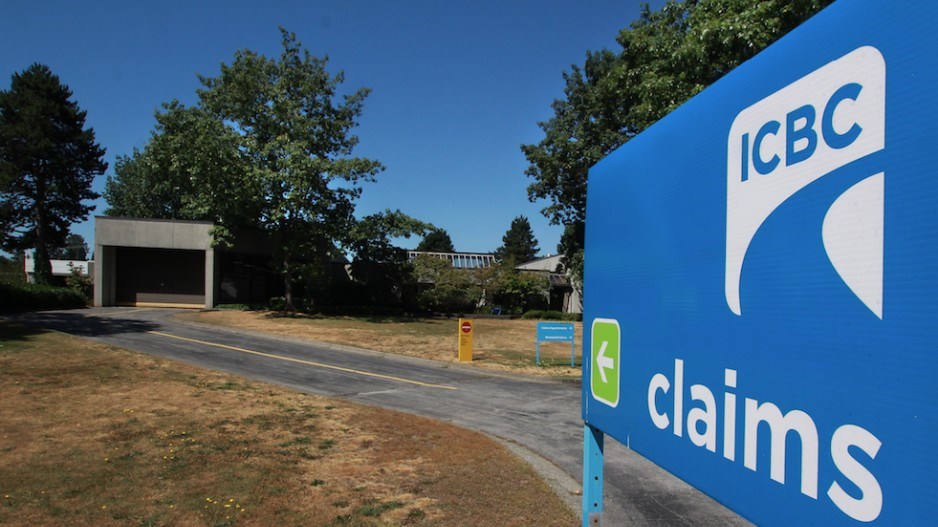The Union of BC Municipalities Sept. 15 passed a resolution calling on Victoria to preserve public car insurance.
That insurance is provided by the Insurance Corporation of BC (ICBC), the life of which since the 1970s has frequently been contentious.
The resolution, which passed at 67.1%, said public car insurance creates local jobs and significant investments in municipalities through road safety and improvement, grants-in-lieu and community grants while providing greater control to municipalities to plan for risks and costs.
The resolution said jurisdictions with only private insurance options have experienced significant rate hikes year after year while accident benefits dramatically decline.
The Lower Mainland Local Government Association endorsed the resolution.
It noted the resolutions committee advised that the UBCM membership has not previously considered a resolution calling on the province to preserve public car insurance.
And, it referenced a 2019 resolution asking Victoria to open the basic auto insurance market to the private sector. Due to time constraints, the resolution was not debated at Convention and was referred to the UBCM executive, which, on further consideration, did not endorse it.
The committee further noted the membership had endorsed a 1998 resolution that called on the provincial government to deregulate motor vehicle insurance.
“However, the Committee would caution that the 1998 resolution is more than two decades old,” the resolution said. “At the time, the Province expressed concern that private sector providers of vehicle insurance, based in other provinces or countries, could discriminate on the basis of age, gender and marital status when setting insurance rates.”
B.C. Attorney General David Eby announced ICBC’s switch to enhanced care in February 2020, outlining a plan to cut $1.5 billion in costs (mostly legal fees for defending the government against lawsuits from injured motorists seeking greater compensation).
The plan took effect in May 2020.
In the place of legal recourse, ICBC changed its focus from a combative role in dealing with injury claims to a more cooperative model in which adjusters work with motorists and health professionals directly to determine appropriate recovery plans and payouts.
The result, ICBC said, benefits everyone. Annual insurance premiums will drop 20% — or about $400 for the average British Columbian — according to th Crown Corporation. The savings in legal costs would also allow ICBC to boost the upper limits of benefits available to a person injured in an auto accident: benefits for any injured person, regardless of fault, would have a ceiling of $7.5 million (up from $300,000 in the current system), and new personal care assistance of up to $10,000 a month and permanent impairment care of up to $250,000 would be available.
In May, ICBC began issuing millions of dollars in Enhanced Care refunds to eligible customers.
Each refund amount was to be for the difference between what they paid when they last renewed their current insurance policy and the new, lower cost of Enhanced Care, for however long their current policy extends past May 1, a news release said.




